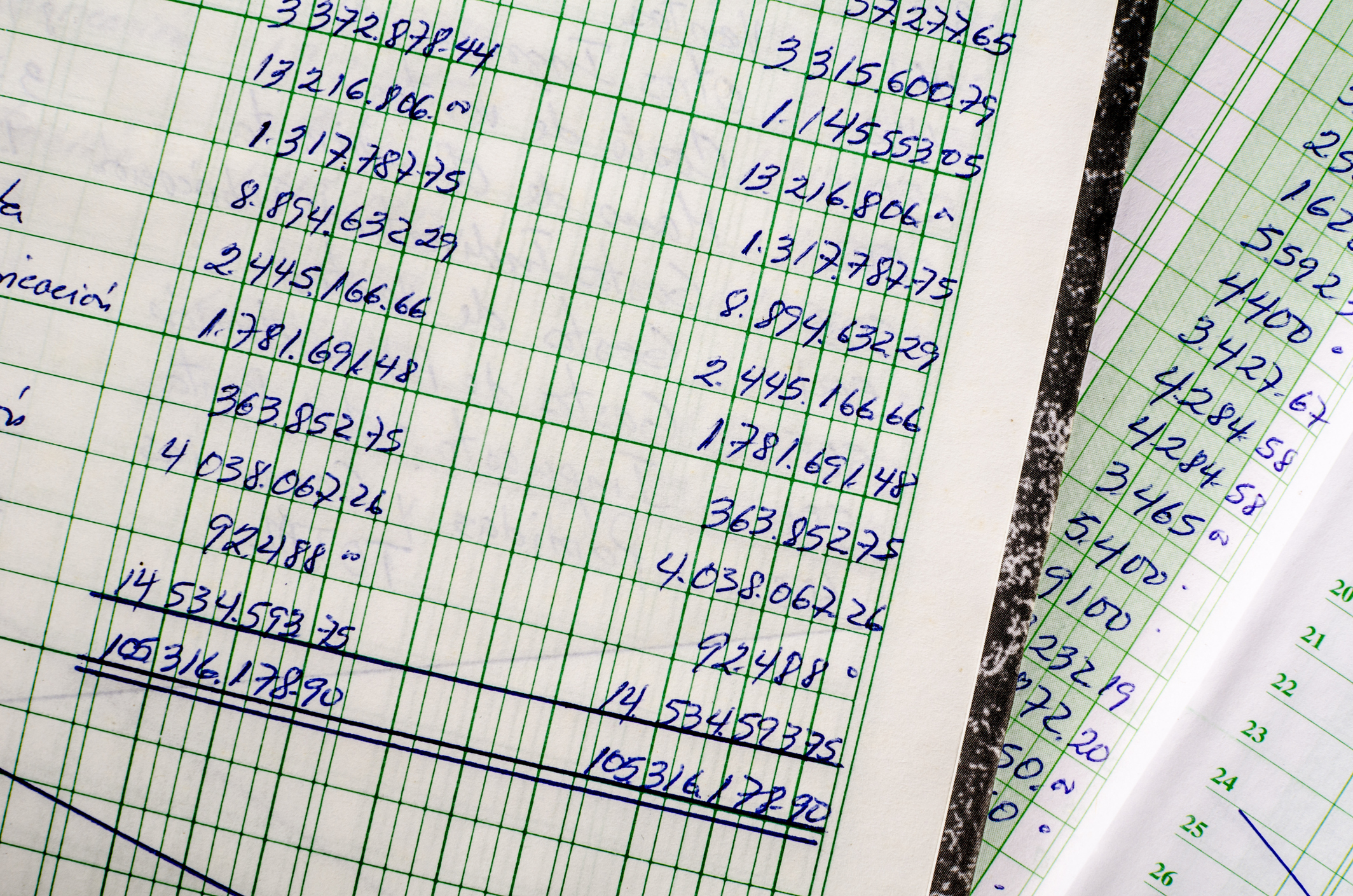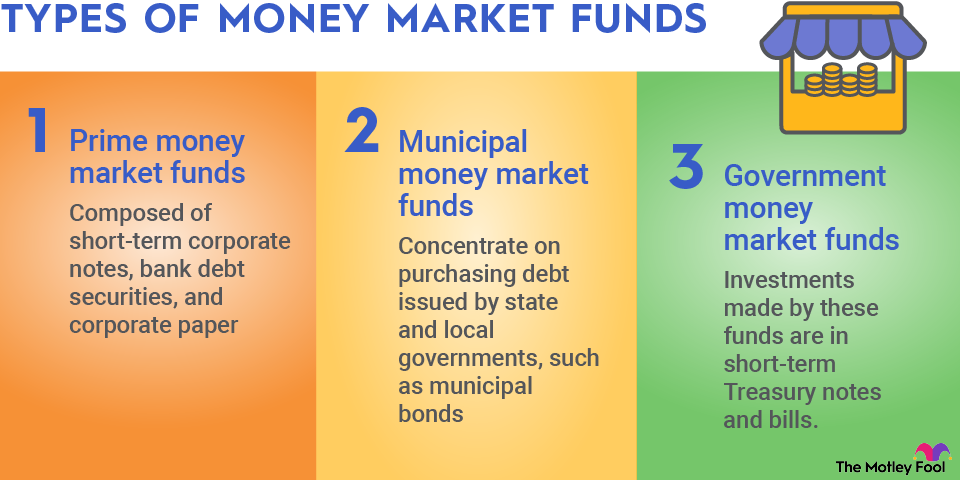Why is the money supply important?
The money supply is generally considered to be a good barometer for the overall economy, reflecting the movement of variables like the gross domestic product (GDP), inflation, and price level. It's become less important in recent years as policymakers have developed more sophisticated methods of tracking economic activity. However, it's still a number that interests the Federal Open Market Committee, the policymaking arm of the Federal Reserve System.
If the money supply is too low, the Federal Reserve can increase it by lowering interest rates, which stimulates consumer spending and business investment that often leads to a bull market. During a bull market, stock prices rise. If prices rise too much and inflation spikes, the Federal Reserve raises interest rates, reducing the money supply and discouraging spending.



















